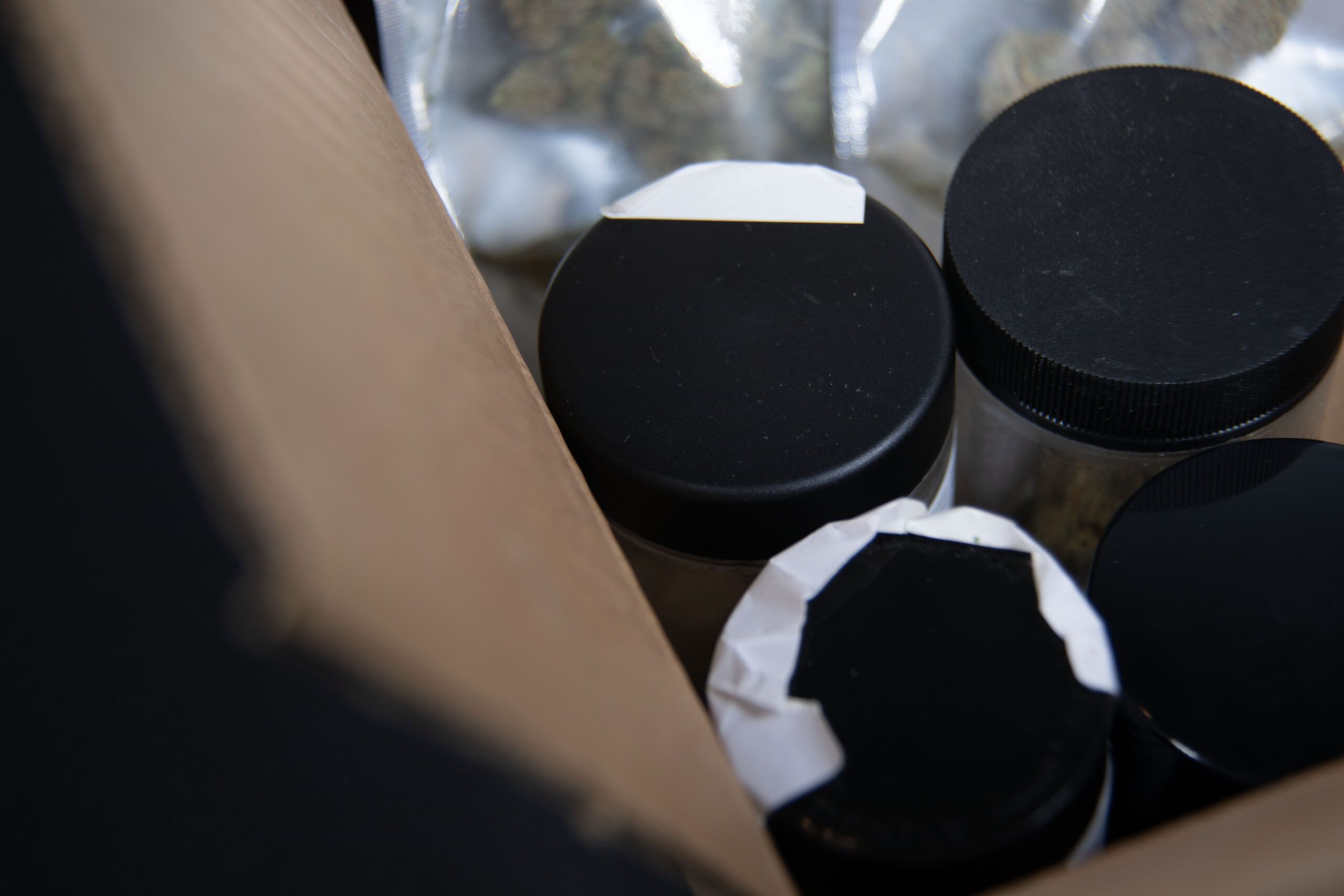Cannabis distributors serve as a pivotal checkpoint in the quality assurance (QA) and control (QC) ecosystem, bridging the gap between cultivators, processors, testing labs, and end consumers. Their responsibilities encompass rigorous verification, transparent documentation, and strict adherence to regulatory frameworks—especially in states like Florida, where medical cannabis is tightly regulated.
A central part of a distributor’s job is validating product safety and consistency. They review and interpret certificates of analysis (COAs) supplied by licensed testing laboratories, verifying results for cannabinoid potency, contaminants, microbial safety, heavy metals, pesticides, and more. Distributors ensure each shipment aligns with labeled specifications before release, acting as a final internal QC layer.
Florida’s Office of Medical Marijuana Use (OMMU) mandates that all marijuana testing labs follow Chapter 64‑4 of the Florida Administrative Code. This includes ISO‑standardized sampling, proficiency testing, equipment calibration, and full seed‑to‑sale traceability. Distributors rely on these regulatory safeguards but also perform their own checks—reviewing batch records, maintaining secure storage, and verifying chain of custody.
This involvement becomes especially important when testing standards differ between batches or states. A recent analysis highlights widespread inconsistencies in cannabis testing protocols across U.S. states, feeding risks such as batch recalls, legal disputes, and financial loss. Florida’s distributors serve as a stabilization point, reinforcing uniformity amid a fragmented regulatory environment.
Moreover, distributors implement internal SOPs informed by current Good Manufacturing Practices (cGMP). These include verifying room cleanliness, calibrating analytical equipment, conducting spot inspections, confirming child-resistant packaging, and validating inventory management procedures. Such proactive measures ensure each product that leaves the warehouse is safe, compliant, and consistent with regulations.
When a distributor identifies red flags—such as irregular COA data or product anomalies—they initiate corrective action. This could involve quarantine of shipments, requesting re-testing, or destroying non-compliant inventory. These steps mirror broader QA/QC responsibilities seen in other regulated industries and align with Florida’s strict documentation and audit standards.
Beyond technical compliance, distributors play a key role in consumer trust and brand reputation. By ensuring that the products reaching patients in Florida are accurately dosed and uncontaminated, they protect vulnerable users and foster confidence in medical cannabis as a legitimate therapeutic option.
In summary, cannabis distributors in Florida and beyond are far more than logistics providers—they are vital guardians of quality, safety, and regulatory integrity in the cannabis supply chain. Through comprehensive review of testing data, SOP-based oversight, and swift corrective action, they are essential to delivering reliable, effective medical cannabis to patients.

